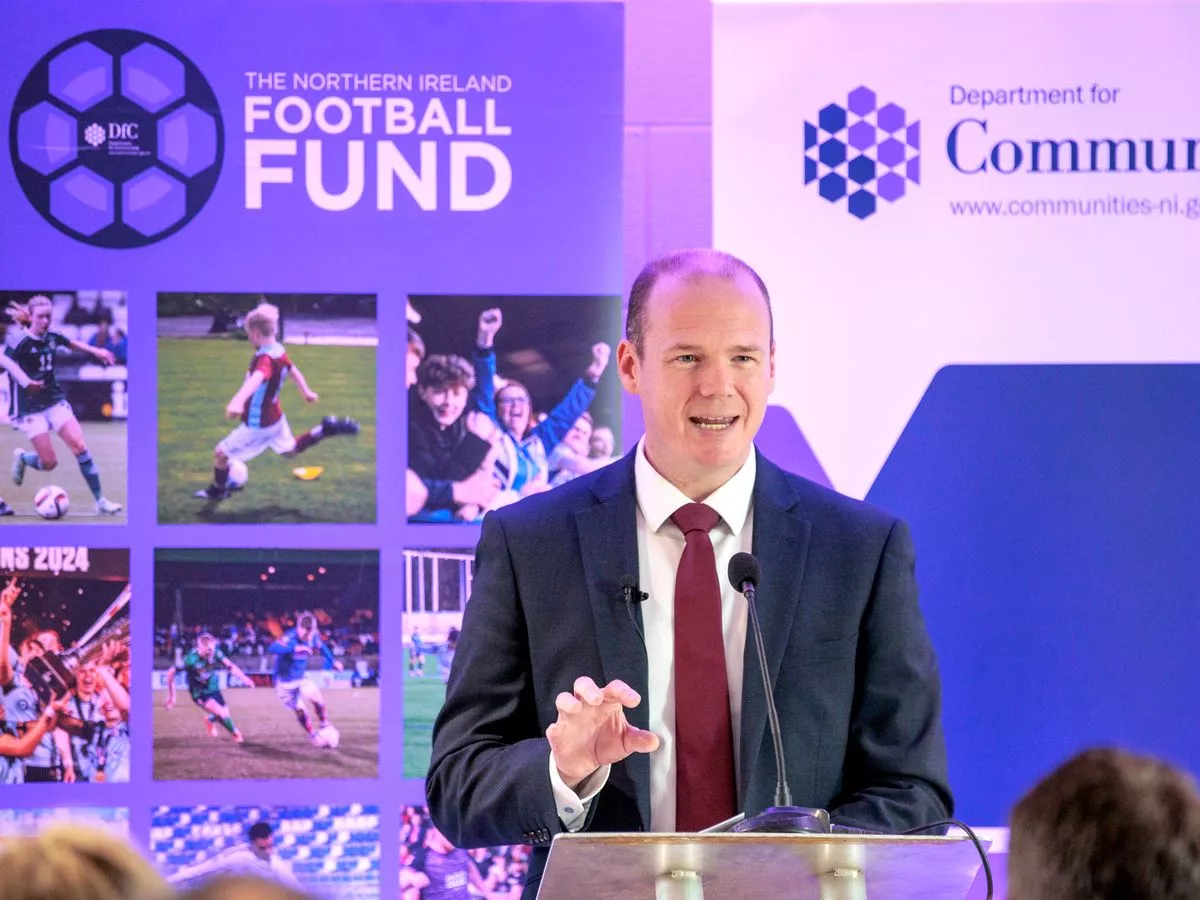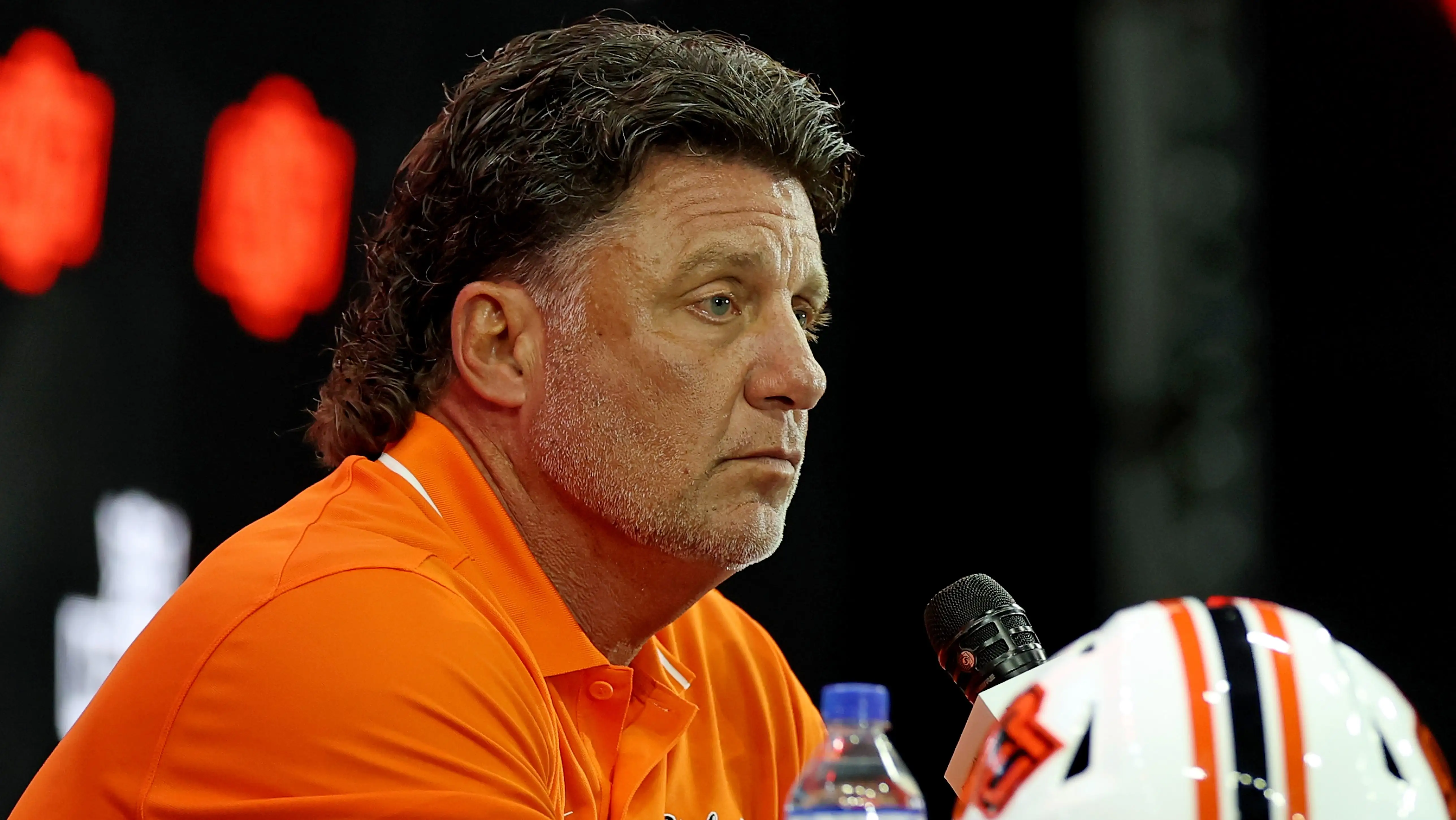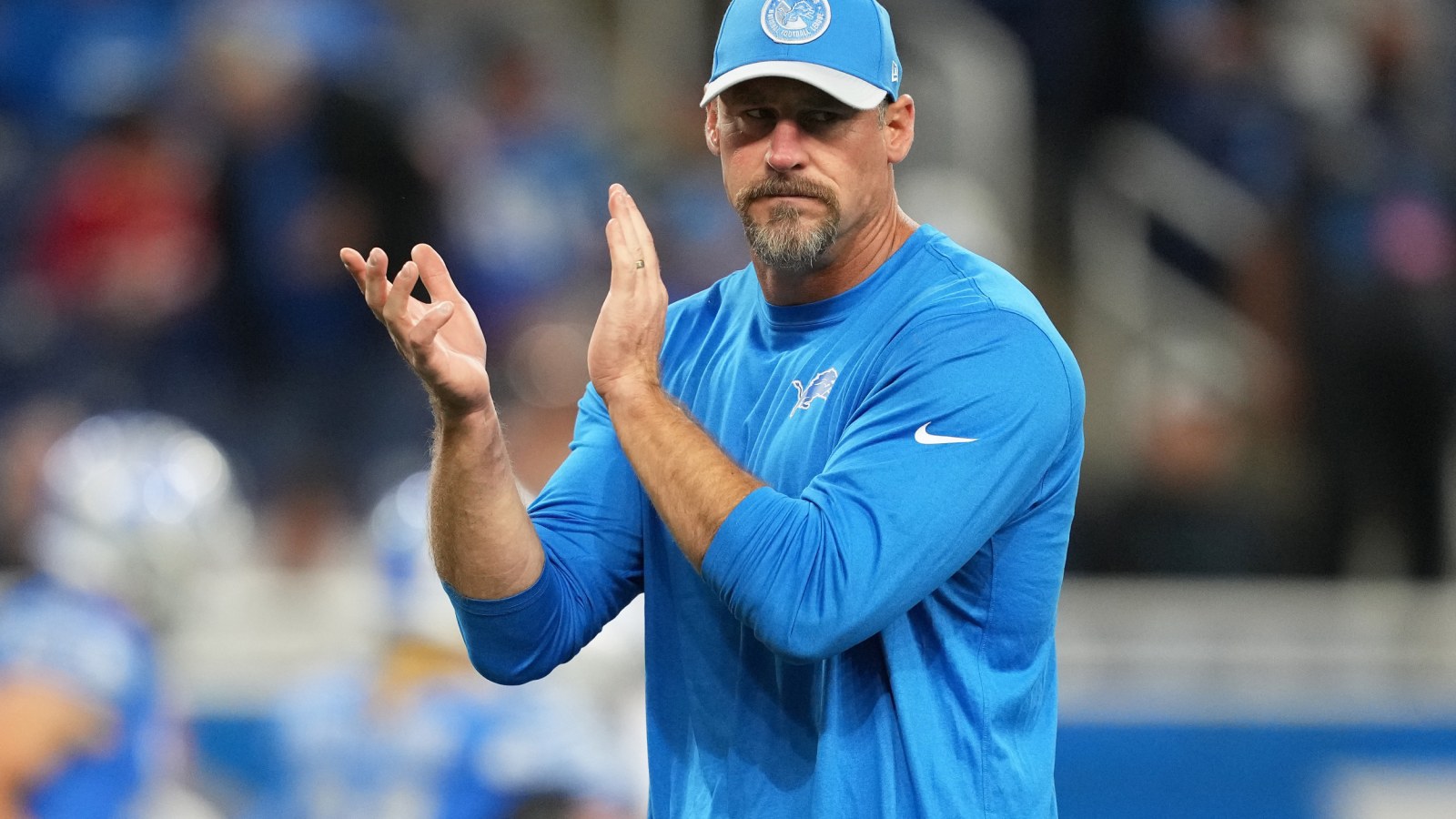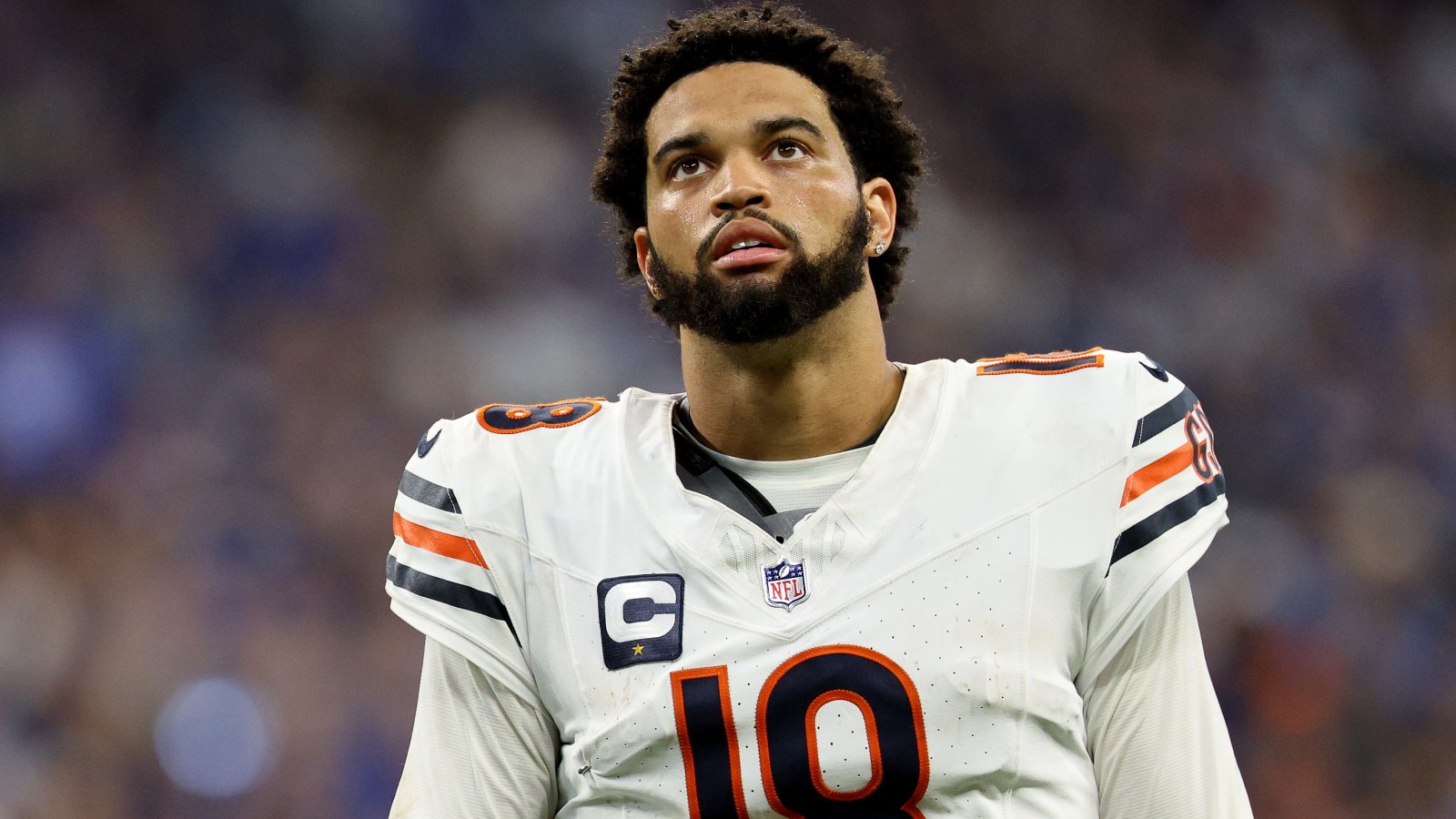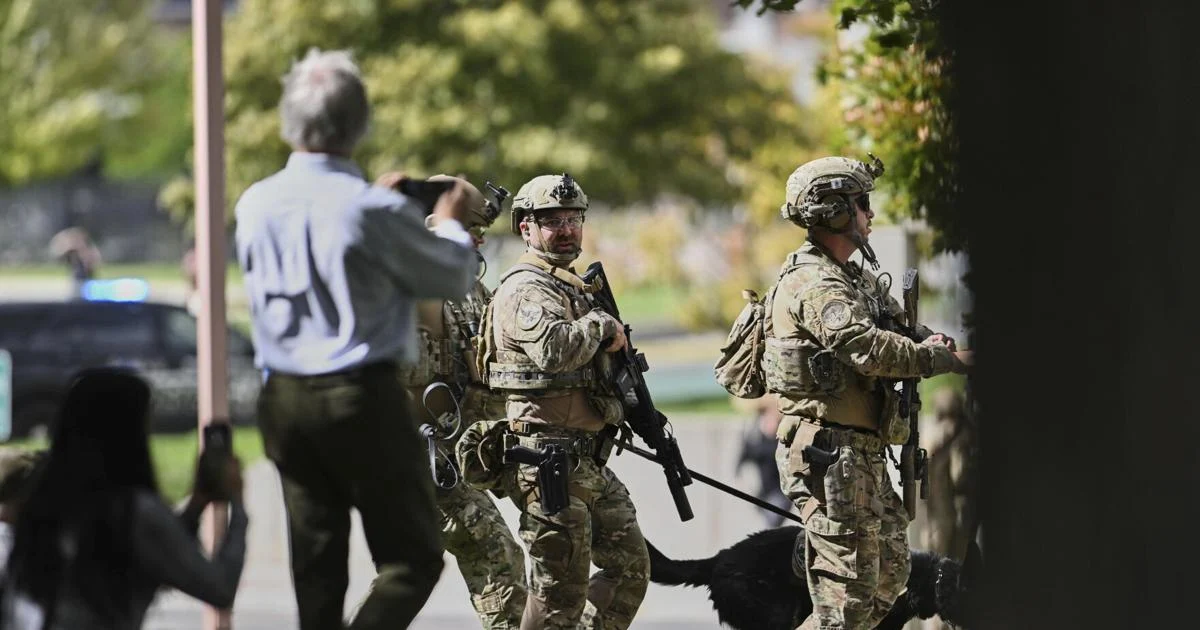
When government agencies know there’s a heightened degree of danger, they have an obligation to act to protect the public: to close access to flooded or likely to-flood streets, to order businesses to close when a riot is engulfing their city, to evacuate schools or even call off large public events when there’s a bomb threat.
Of course government also has an obligation to allow and in some cases even provide a public forum for our constitutionally guaranteed freedom of speech, and sometimes there’s a conflict, because sometimes free speech involves a heightened chance for violence; indeed, sometimes the heightened chance of violence is at least part of the point of the free speech.
Government also has an obligation to be a good steward of taxpayers’ money, and this can present yet another conflict, as we are seeing play out on our college campuses: Providing extra security when speakers choose to be extra provocative costs money. Shouldn’t a government agency be allowed to take reasonable steps to reduce the potential for violence? Shouldn’t a government, as a good steward of human lives, our tax dollars and students’ tuition dollars, be required to do that?
By their own telling — their letters are actually more nuanced than they’d have the public believe — the U.S. Justice Department and several Republican state attorneys general including Alan Wilson essentially ordered colleges not to limit where controversial conservative speakers can exercise their free speech rights or to charge them more for security. The warnings came in anticipation of rising security fees and after college conservative groups complained that USC planned to put a temporary freeze on all outdoor events by controversial conservatives.
Such limitations would clearly be outrageous, and in fact USC said it has no intention to do that. What’s outrageous, though, isn’t the idea of limiting outdoor events, which are significantly more difficult to keep safe than indoor events; it’s the idea of limiting outdoor events by conservatives only.
What would be absolutely appropriate is for any colleges that are worried about an enhanced risk of violence at outdoor events to prohibit outdoor events for all controversial speakers, from across the political spectrum.
Of course we’re in a place now where people can’t even agree on what “controversial” is. We’d measure it in terms of whether a speaker or group has attracted counter-protests or generated more than an occasional threat.
But if we can’t agree to that, then while they get their arms around what security needs to look like in the post-Charlie Kirk era — and who pays for it — we believe it would be completely appropriate for our universities to put a temporary freeze on outdoor political events or events that involve speech or whatever language they can come up with to make sure they aren’t accidentally sweeping in football games or other outdoor sports or bake sales or job fairs or other gatherings that don’t involve speakers, who might stir up passions. (Yes, we know that’s ridiculous, as it’s fairly obvious which speakers are most likely to attract snipers and which ones are less likely to, but we seem to live in a post-commonsense age.)
The point is that universities need to balance any pledges they have made to provide a public forum with their essential obligation to make their campuses safe for students, faculty and others — and they need to limit the size of the bill students have to foot to protect non-students who choose to be provocative, whether they’re cheering Hamas or criticizing transgender athletes competing against athletes who were born female.
Click here for more opinion content from The Post and Courier.
